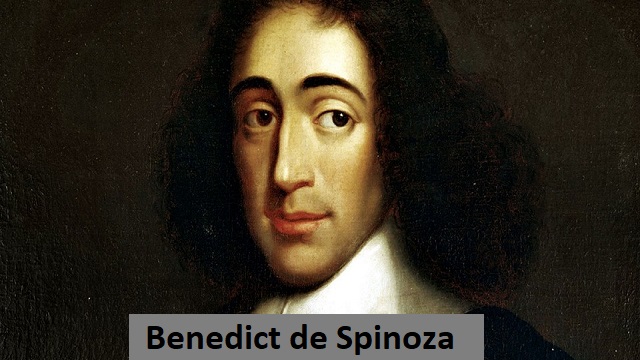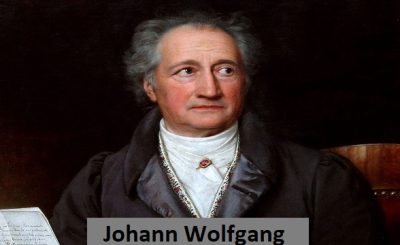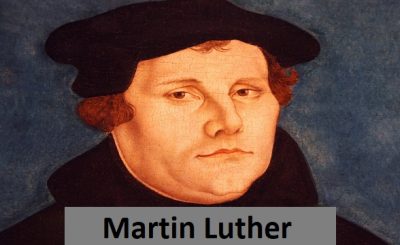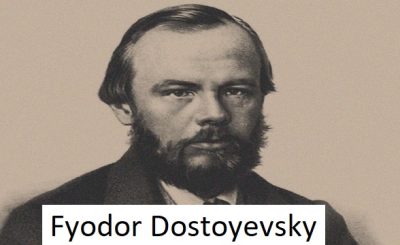Benedict de Spinoza (1632-1677) was a Dutch philosopher and one of the foremost rationalists of the 17th century. He is considered to be one of the great rationalists of the early modern period, along with René Descartes and Baruch Spinoza.
To a Sephardic Jewish family, Spinoza was born in Amsterdam. He studied the Hebrew Bible and Talmud as a child and was educated in Jewish and Latin schools. Spinoza’s family was not wealthy, and he was eventually forced to leave school and become a professional lens grinder. Despite this, he continued to study philosophy and theology.

Spinoza’s most famous work, Ethics, was published in 1677. In this work, he argued that the universe is determined by a single substance and that this substance is God. He also argued that all human actions are predetermined, and that humans are determined by their environment and not by their will.
Spinoza’s philosophy was revolutionary for its time. He rejected the traditional Jewish notion of an anthropomorphic God, arguing instead for a more abstract, universal deity. He also challenged the idea of free will, arguing that human beings are limited by their environment and the laws of nature.
Spinoza’s philosophy has had a lasting impact on Western thought. His works have been influential on the development of modern philosophy, science, and theology. His concept of God is seen as a major influence on the development of pantheism. His views on determinism were influential on the development of positivism. His ethics remain relevant today, as many philosophers continue to debate the implications of his ideas.
Early life and Career
Benedict de Spinoza was a Dutch philosopher who is widely considered one of the most significant thinkers of the 17th century. He is best known for his works on metaphysics, ethics, and political philosophy, which have been highly influential in the development of modern philosophy. Spinoza was born in Amsterdam in 1632 to a Portuguese Jewish family. His father was a merchant who died when Spinoza was only six years old. Spinoza was educated in the Talmud and the Kabbalah, and was very knowledgeable in Jewish law and literature. He was also exposed to the works of Descartes and other rationalists, which would later shape his own philosophical thought.
At the age of eighteen, Spinoza was expelled from the synagogue for his alleged unorthodox views. He then dedicated himself to the study of philosophy, mathematics, and science. In 1656, Spinoza wrote the Treatise on the Improvement of the Understanding, which was his first published work. This work was an attempt to develop a rationalist philosophy based on the Cartesian method of doubt and rigorous argumentation. He also wrote several important works on metaphysics, including the Ethics and the Theological–Political Treatise. In the Ethics, Spinoza argued for a pantheistic conception of God, in which God and Nature are one and the same. He argued that God is an infinite substance that is made up of infinite attributes and is the cause of all things.
He also argued that the soul is part of God, and that the only way to achieve true happiness is to strive for union with God. This was a radical departure from traditional Jewish and Christian thought, which taught that God was an external being and that the soul was distinct from God. In the Theological–Political Treatise, Spinoza argued for a separation of church and state. He believed that the government should not interfere in religious matters, and that people should be free to practice their own beliefs and opinions. This work was extremely controversial, and Spinoza was accused of atheism and heresy.
Throughout his life, Spinoza was an independent thinker and was often misunderstood. He did not fit in with the traditional intellectual circles of the 17th century, and his ideas were often seen as too radical and subversive. Even though he was never formally recognized for his work, Spinoza was highly respected in his lifetime. He died in 1677 at the age of 45. His writings and ideas, however, would continue to influence generations of philosophers, from Immanuel Kant to the modern French Philosopher Gilles Deleuze.
Excommunication
Benedict de Spinoza was a Dutch philosopher who lived in the 17th century and is considered to be one of the most important figures in Western philosophy. He was largely influenced by the works of Descartes, but his philosophy was unique because of its emphasis on the pantheistic nature of God. This was seen as a direct challenge to the orthodox Jewish teachings of the time and in 1656, Benedict de Spinoza was excommunicated from the Jewish community of Amsterdam.
The excommunication of Benedict de Spinoza from the Jewish community of Amsterdam was a major event in the history of philosophy. Spinoza’s works were seen as heretical by many members of the Amsterdam Jewish community, who viewed his pantheistic views as a direct challenge to the orthodox Jewish belief in a single, personal God. In response to this perceived heresy, the Jewish community of Amsterdam excommunicated Benedict de Spinoza in 1656.
The excommunication of Spinoza sent shockwaves through the Jewish community of Amsterdam and the wider world. It was seen as an extremely severe punishment, and it made it clear that the Jewish community of Amsterdam would not tolerate any form of heresy or deviation from their orthodox beliefs. This event was also seen as a warning to other potential heretics, as it demonstrated that the Jewish community of Amsterdam was prepared to take drastic action in order to maintain their religious orthodoxy.
The excommunication of Benedict de Spinoza meant that he was no longer able to practice his religion or take part in any Jewish community activities. He was also shunned by many of his former acquaintances and friends. This made it difficult for him to pursue his philosophical work, as he was no longer able to discuss his ideas with other members of the Jewish community. Despite this, Spinoza continued to write and publish his works, and he was eventually able to find a supportive community of like-minded individuals who were willing to discuss his ideas and provide support and encouragement.
The excommunication of Benedict de Spinoza also had a lasting impact on the larger philosophical world. His works were seen as radical and controversial, and they had a major impact on the development of Western philosophy. His pantheistic views were seen as a direct challenge to the orthodox teachings of the time, and his excommunication made it clear that the Jewish community of Amsterdam was not willing to tolerate any form of heresy. This event is still seen as an important moment in the history of philosophy, and it serves as a reminder of the power of religious orthodoxy.






